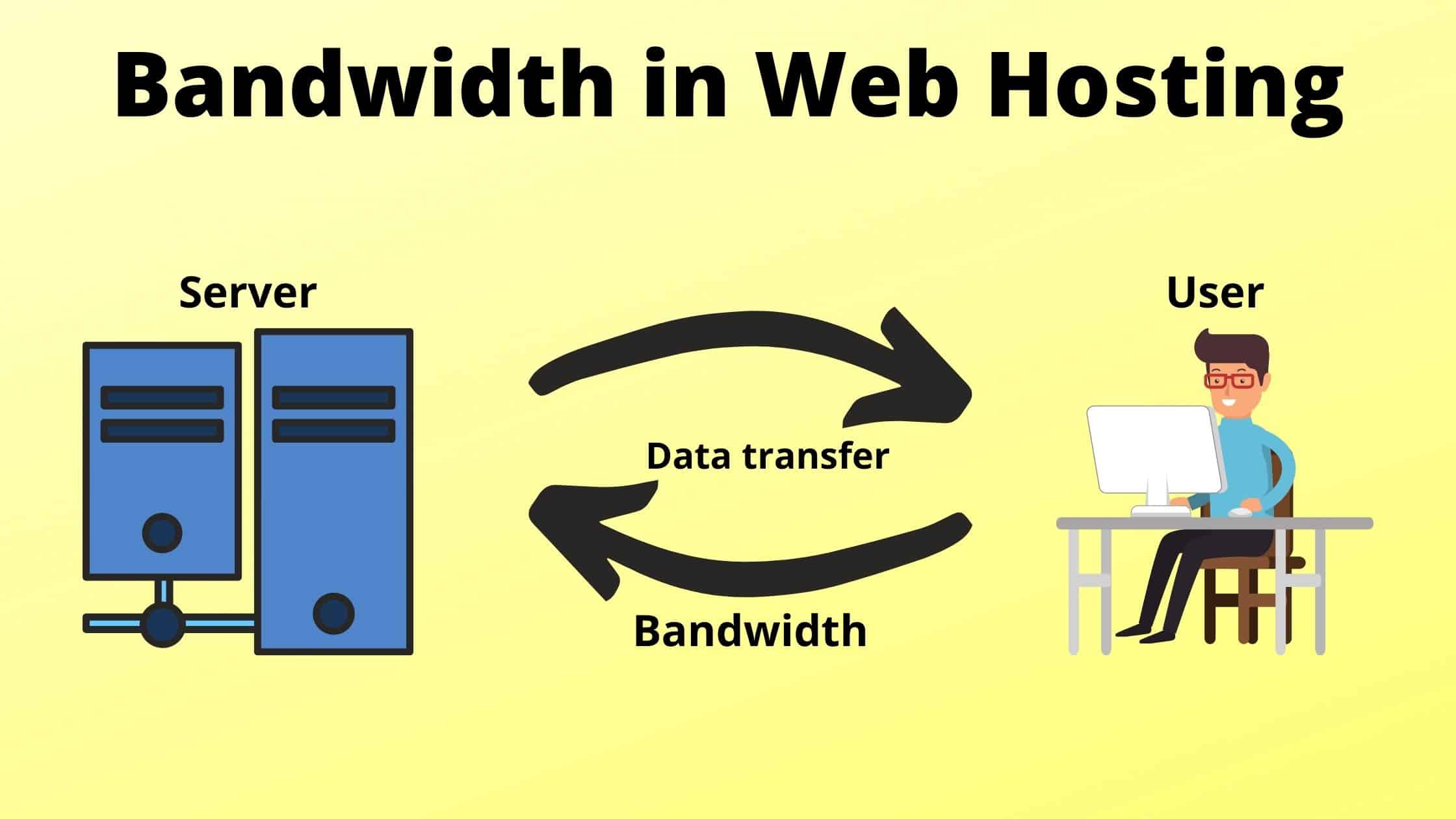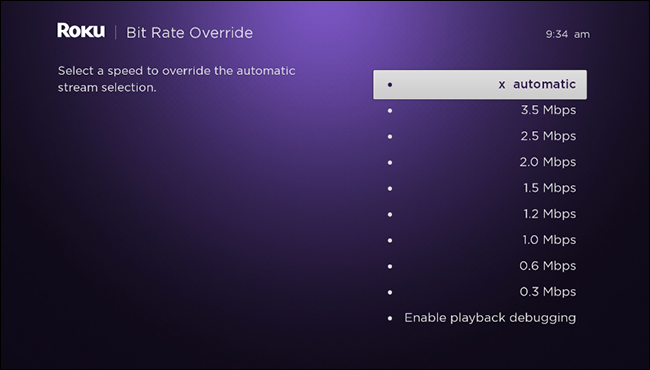As the world becomes increasingly digital, the demand for online content and services has skyrocketed. This has led to the development of various hosting solutions, each with its own unique features and limitations. One of the most important factors to consider when choosing a hosting plan is bandwidth.
Bandwidth refers to the amount of data that can be transmitted over a network connection in a specific amount of time. In the context of web hosting, it is the amount of data that can be transferred between your website and your visitors in a given time frame. The more bandwidth your hosting plan has, the more data your website can transmit without experiencing slow load times or crashes. In this article, we will explore the ins and outs of bandwidth in hosting, including how it works, how it affects your website’s performance, and how to choose the right amount of bandwidth for your needs.
Bandwidth in hosting is the amount of data transferred from a website to a user’s device per unit of time. It is usually measured in bits per second (bps). The more bandwidth a website has, the faster the website can load. A website with more bandwidth may be able to handle more visitors and serve larger files, like images and videos, faster.

What is Bandwidth in Hosting?
Bandwidth in hosting refers to the amount of data that can be transferred from a website or server to a user’s computer in a given period of time. It is measured in bits per second (bps) and is usually expressed in megabits per second (Mbps). Bandwidth is an important factor in determining the speed and performance of a website or server.
How Does Bandwidth Affect Website Performance?
Bandwidth affects the performance of a website in several ways. First, it determines the amount of data that can be transferred from the server to the user’s device in a given time period. This affects the loading speed of the website, which can have a significant impact on user experience. A website with low bandwidth is likely to take longer to load than one with adequate bandwidth.
Second, bandwidth affects the capacity of a website to handle multiple concurrent users. If there is not enough bandwidth available, the website may not be able to handle the traffic and may experience slowdowns or even crashes.
Finally, bandwidth affects the content that can be hosted on a website. Sites with high bandwidth can host more content, such as videos, images, and audio files, while sites with low bandwidth may not be able to handle large files.
Shared Hosting
Shared hosting is a type of web hosting in which multiple websites are hosted on the same server. This can be an economical option for small businesses, as the cost of the server is shared among all the websites. However, shared hosting also has some drawbacks, such as limited bandwidth. All of the websites on the server must share the same bandwidth, which means that if one website is using more bandwidth than the others, it can slow down the performance of the other websites.
Dedicated Hosting
Dedicated hosting is a type of web hosting in which a single website is hosted on a dedicated server. This means that the website has exclusive access to all of the resources on the server, including bandwidth. Dedicated hosting is more expensive than shared hosting, but it can offer better performance and more flexibility. With a dedicated server, the website can have its own dedicated bandwidth, which eliminates the risk of other websites on the server impacting its performance.
Frequently Asked Questions
Bandwidth is a measure of the amount of data that can be transferred from your hosting account to a web browser. It is important to understand the concept of bandwidth in order to choose the right hosting plan for your website.
What is Bandwidth in Hosting?
Bandwidth in hosting is the amount of data that can be transmitted from the hosting server to a web browser. It is similar to a highway, with the hosting server being the origin and the web browser the destination. The more bandwidth available, the more data can be transmitted, allowing for faster loading times, more concurrent visitors, and better overall performance.
Bandwidth is measured in units of data, usually in megabits or gigabits per second (Mbps or Gbps). The amount of bandwidth available depends on the hosting plan you choose, and the amount of data you plan to transfer. If you are running a small website with few visitors, you may not need a lot of bandwidth. On the other hand, if you are running a large website with many visitors, you will need more bandwidth to provide a good user experience.
How Does Bandwidth Affect Hosting?
Bandwidth affects hosting in several ways. Firstly, it determines the amount of data that can be sent from the hosting server to a web browser. The more bandwidth available, the more data can be transmitted, allowing for faster loading times, more concurrent visitors, and better overall performance.
Secondly, the amount of bandwidth you have will determine the number of visitors you can accommodate at any one time. If you are running a small website with few visitors, you may not need a lot of bandwidth. However, if you are running a large website with many visitors, you will need more bandwidth to ensure a good user experience.
Lastly, bandwidth affects the cost of hosting. Generally, the more bandwidth you need, the more expensive the hosting plan will be. For this reason, it is important to choose a hosting plan that offers the right amount of bandwidth for your website.
What is Unmetered Bandwidth?
Unmetered bandwidth is a type of hosting plan that does not limit the amount of data that can be transferred from the hosting server to a web browser. This type of hosting plan is ideal for websites that require a lot of bandwidth, such as streaming video or audio, or websites with high traffic levels.
Unmetered bandwidth hosting plans are usually more expensive than other types of hosting plans, but they offer the flexibility to handle large amounts of data and accommodate a large number of visitors. If you are running a website that requires a lot of bandwidth, unmetered bandwidth hosting may be worth the extra cost.
What is Burstable Bandwidth?
Burstable bandwidth is a type of hosting plan that allows you to temporarily increase the amount of data that can be transferred from the hosting server to a web browser. This allows you to accommodate more visitors and handle more data-intensive tasks, such as streaming video or audio.
The amount of burstable bandwidth available depends on the hosting plan you choose, and the amount of data you plan to transfer. Generally, the more burstable bandwidth available, the more expensive the hosting plan will be. This type of hosting plan is ideal for websites that have occasional spikes in traffic or require a lot of bandwidth for streaming video or audio.
What is Dedicated Bandwidth?
Dedicated bandwidth is a type of hosting plan that provides a dedicated amount of data that can be transferred from the hosting server to a web browser. Unlike other types of hosting plans, dedicated bandwidth plans do not allow you to temporarily increase the amount of data that can be transferred.
Dedicated bandwidth hosting plans are ideal for websites that require a consistent amount of bandwidth, such as large corporate websites or e-commerce sites. These plans are usually more expensive than other types of hosting plans, but they offer the flexibility to handle large amounts of data without any disruption.
In conclusion, bandwidth is an essential feature to consider when selecting a hosting plan for your website. It determines the amount of data that can be transferred between your website and its visitors. A higher bandwidth means your website can handle more traffic, and your visitors will experience faster loading times. However, it’s important to remember that bandwidth alone isn’t the only factor that affects website performance. Other factors such as server speed, website optimization, and content delivery networks (CDNs) also play a crucial role.
When choosing a hosting plan, it’s crucial to ensure that you get the right amount of bandwidth to meet your website’s needs. You don’t want to end up with a plan that can’t handle your website’s traffic, leading to slow loading times and frustrated visitors. On the other hand, you also don’t want to overspend on bandwidth that you don’t need. By understanding what bandwidth is and how it affects your website’s performance, you can make an informed decision on the hosting plan that suits your needs best.



